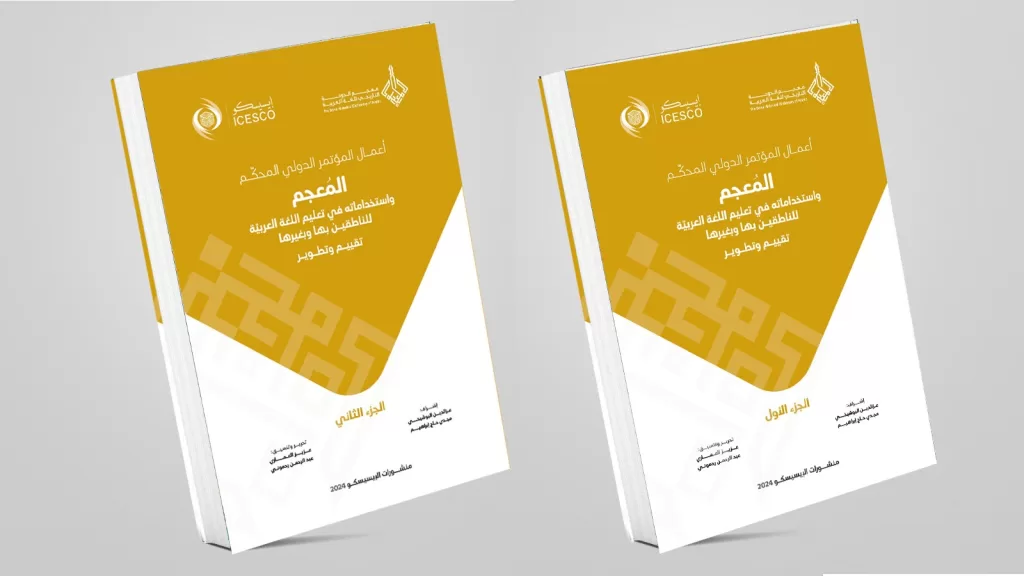
The International Conference on “Dictionary and its Uses in Teaching Arabic to Arabic and Non-Arabic Speakers” Concludes Proceedings
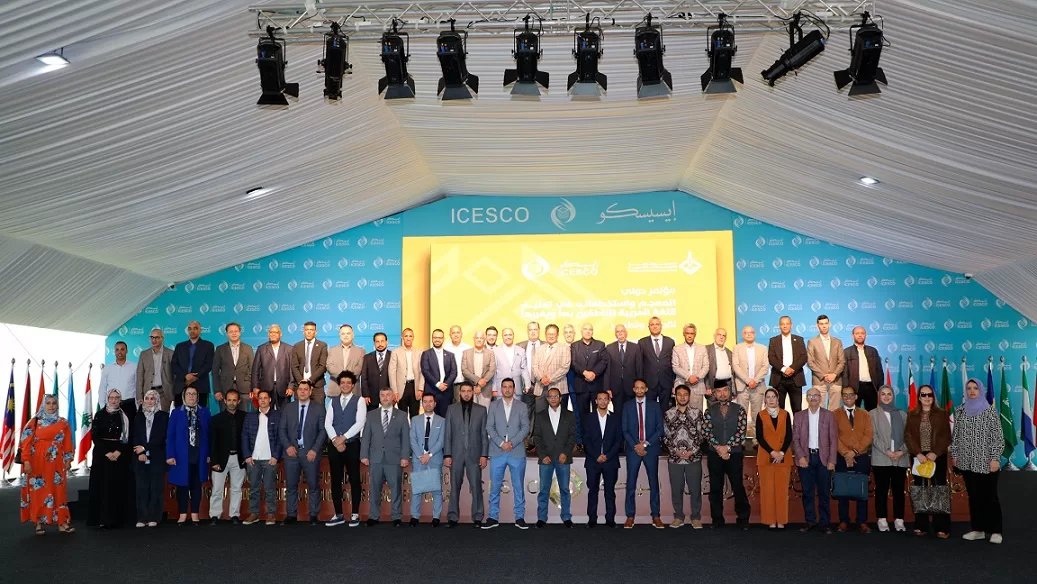
24 May 2024
The two-day International Conference “The Dictionary and its Uses in Teaching Arabic to Arabic and Non-Arabic Speakers: Assessment and Development,” organized by the Islamic World Educational, Scientific and Cultural Organization (ICESCO) and the Doha Historical Dictionary of Arabic Language Establishment, concluded its proceedings at the Organization’s headquarters in Rabat. The Conference featured several scientific research, rich discussions, and an exchange of experiences and ideas among a host of scientists and researchers from diverse scientific institutions across multiple countries.
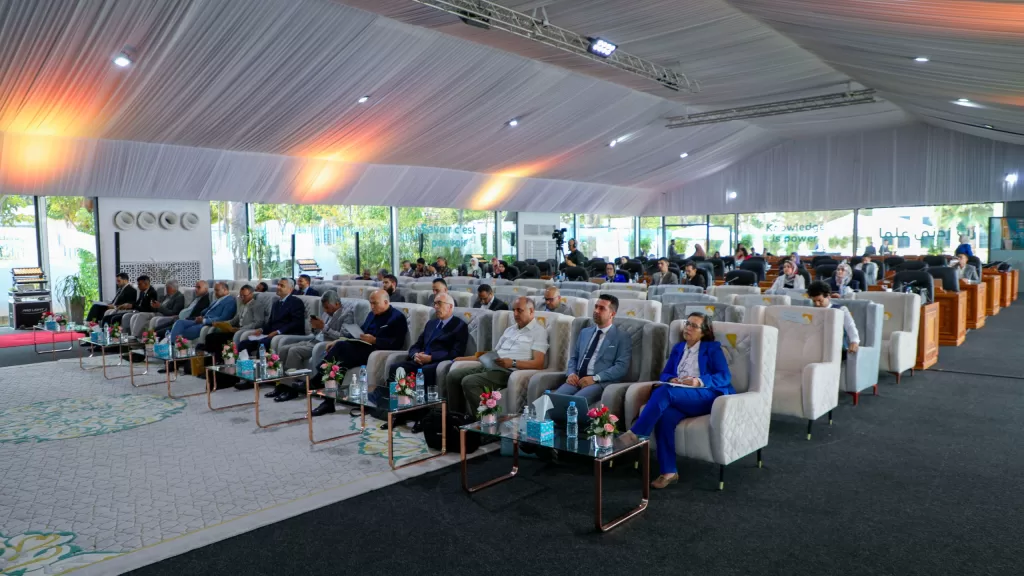
The Conference’s sessions, held in-person and live-streamed, revolved around five main themes: “Approaches to the Relationship between Dictionaries and Language Teaching,” “Educational Uses of Traditional Dictionaries for Arabic and Non-Arabic Speakers,” “Educational Uses of Modern Dictionaries for Arabic and Non-Arabic Speakers,” “Doha Historical Dictionary: Prospects and Educational Uses for Arabic and Non-Arabic Speakers, and “Standards for Developing an Arabic Dictionary for Arabic and Non-Arabic Speakers.” Moreover, Mishkat Hall hosted parallel sessions for international experts.
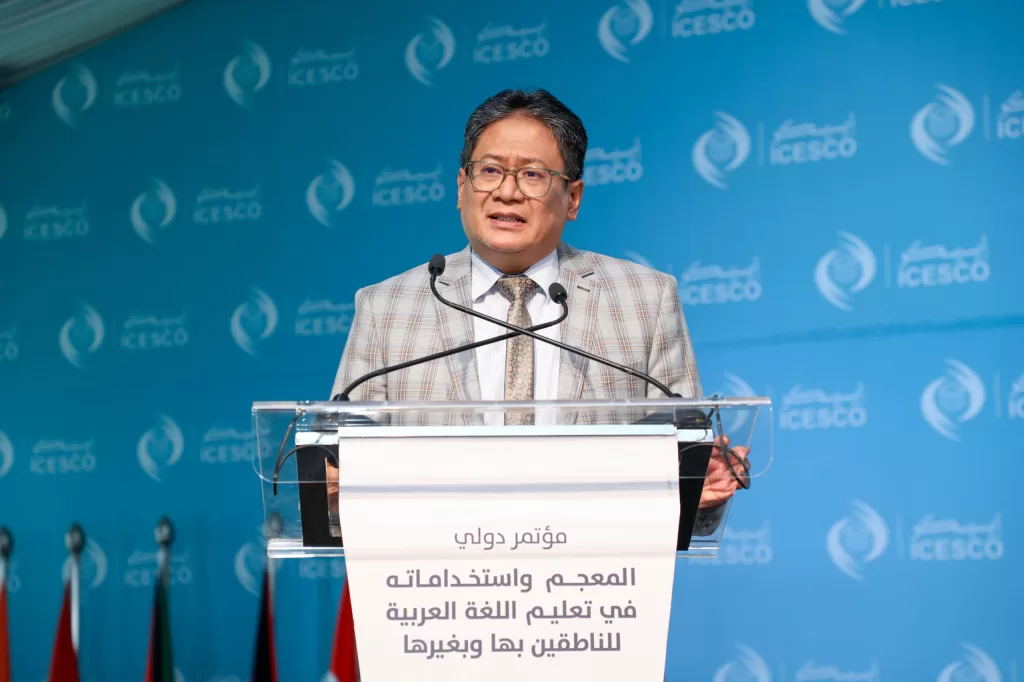
The participating experts issued a set of recommendations in the Conference’s closing statement. These recommendations called for benefiting from the experiences of previous dictionaries for Arabic and non-Arabic speakers, fostering a deeper and newer understanding and vision to develop innovative educational tools that advance and update the Arabic linguistic repertoire, and developing an Arabic dictionary with frequency-ranked lists of words.
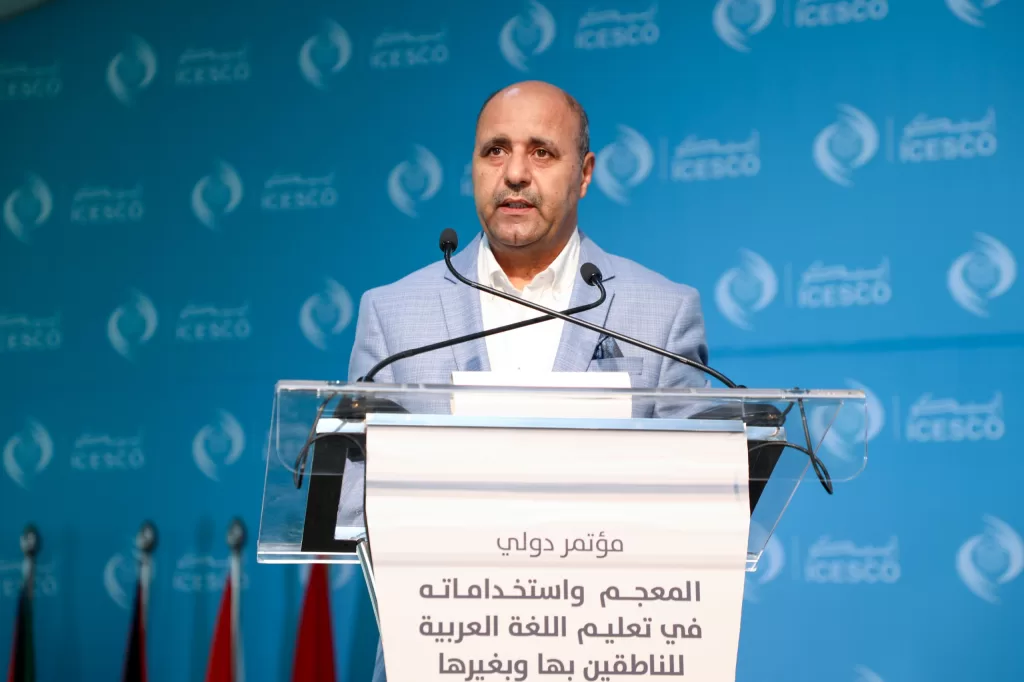
Furthermore, the Conference’s closing statement emphasized the necessity of directing particular attention to dictionaries as an educational and pedagogical tool and ensuring their proper use by taking into account the cultural context.
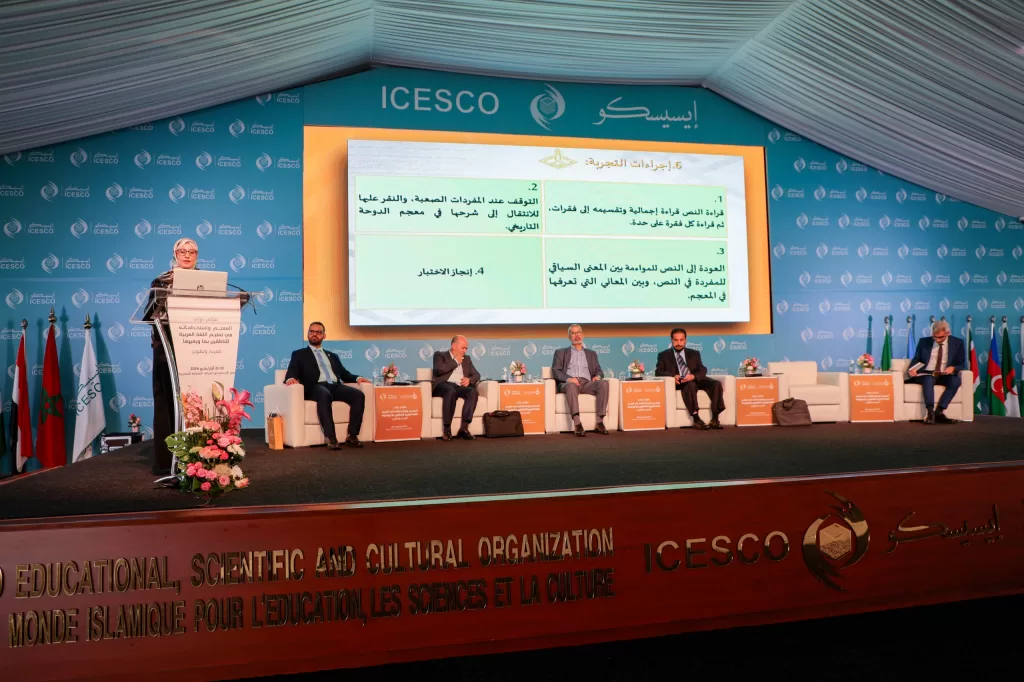
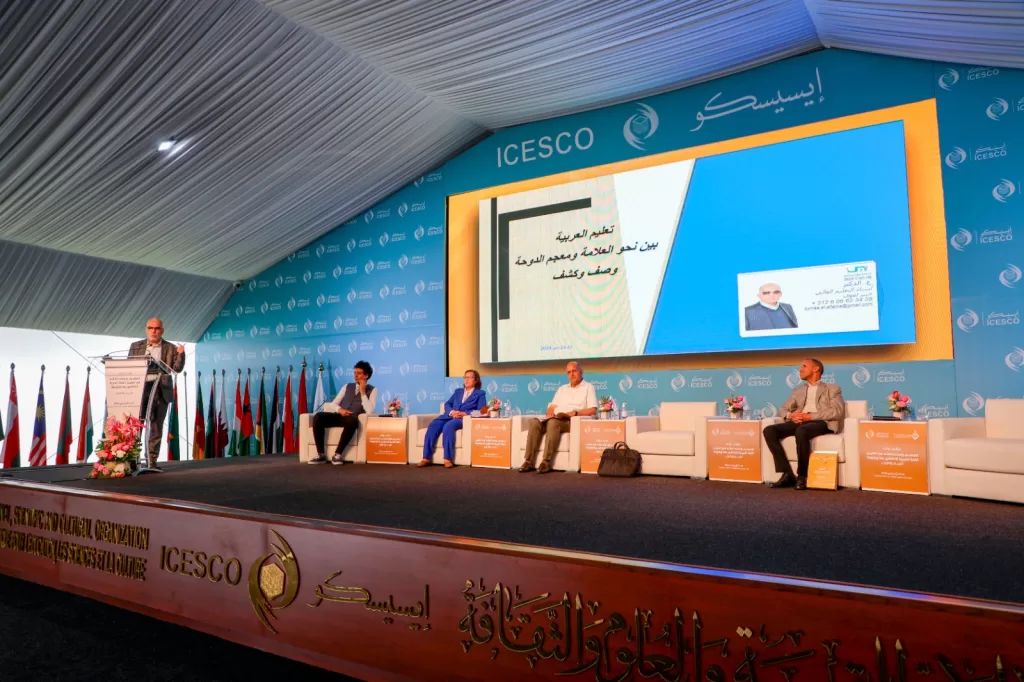
The Conference called for educational reform based on communicative approaches to improve the teaching practices for Arabic and non-Arabic speakers, balancing the use of paper and electronic dictionaries and disseminating the Conference’s papers and recommendations to national, regional, and international institutions concerned with teaching and learning Arabic.
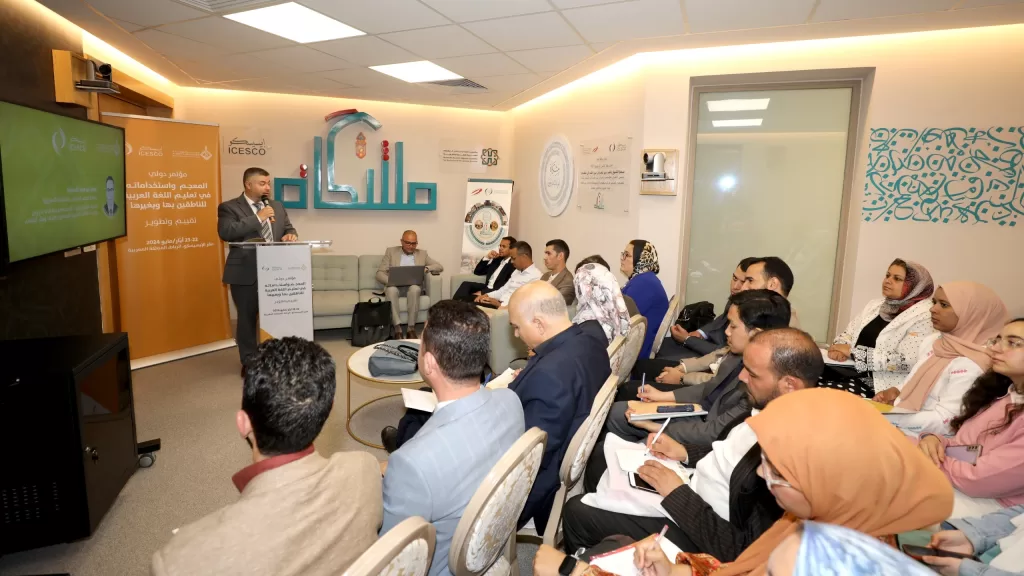
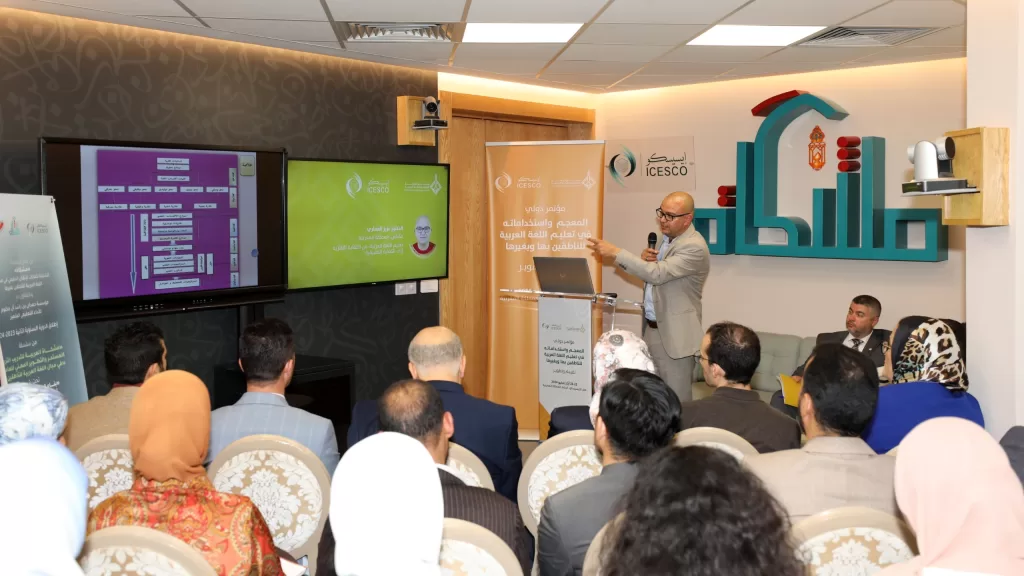
In addition, the International Conference will publish a two-volume proceedings book that compiles 35 peer-reviewed papers, selected by a dedicated scientific jury from a pool of 120 papers, authored by specialized experts and researchers from various universities and educational institutions worldwide. The papers of the proceedings book were organized into four chapters: “Educational Uses of Dictionaries for Arabic and Non-Arabic Speakers,” “Doha Historical Dictionary: Prospects and Educational Uses for Arabic and Non-Arabic Speakers,“ “Standards for Developing an Arabic Dictionary for Arabic and Non-Arabic Speakers,” and “Approaches to the Relationship between Dictionaries and Language Teaching.”
